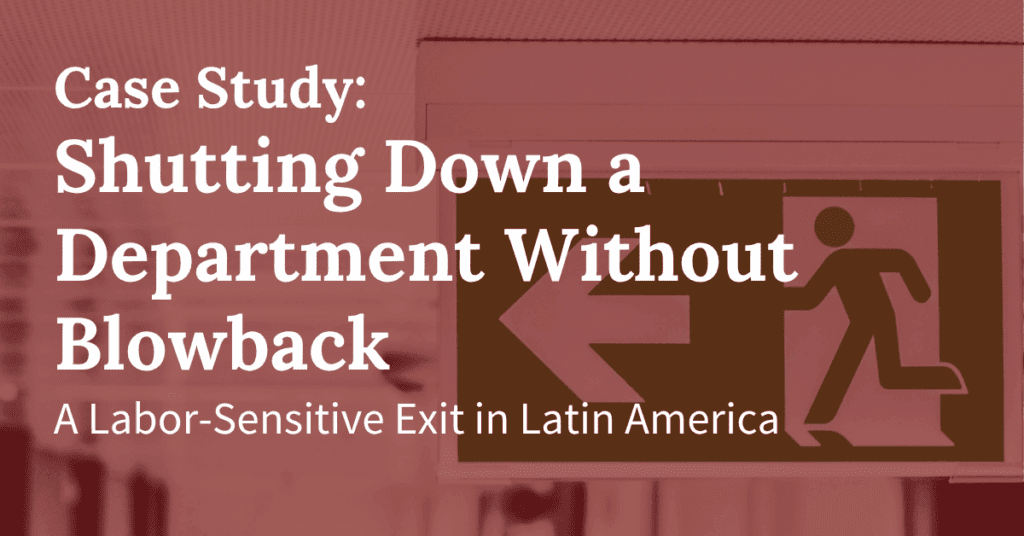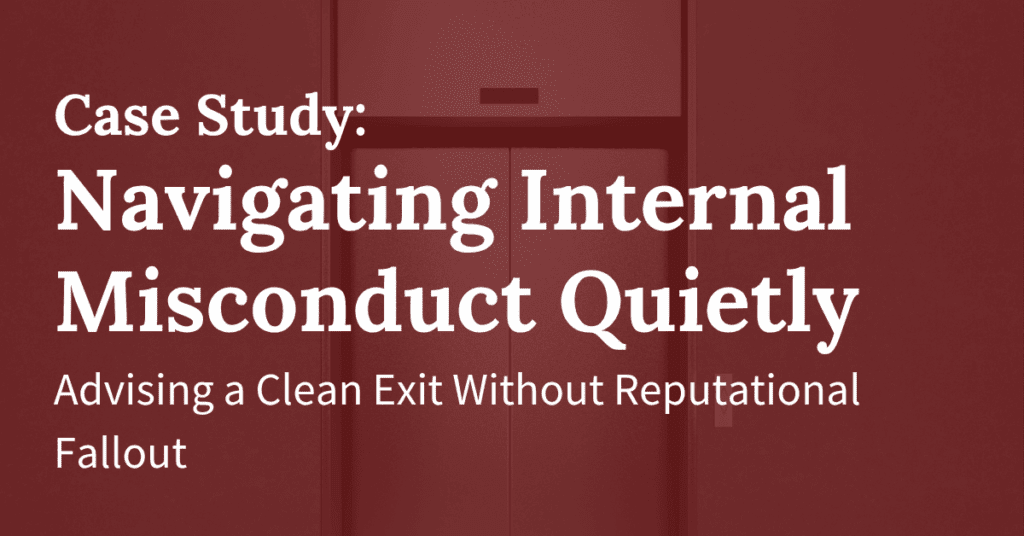The numbers made sense. The partner checked out. But something felt off. Rumors of transit strikes. Allegations of extortion. A few vague warnings that didn’t make it into the pitch deck. The investment team needed clarity—before committing capital in a region where optimism often outruns reality.
This case study is especially relevant if you are:
-
An investor weighing infrastructure or logistics projects in Latin America
-
A founder expanding into regions with low institutional trust
-
A board member unsure how to validate local risk assessments
-
A risk or compliance officer facing pressure to greenlight a “borderline” project
-
A stakeholder who needs to say no—without burning bridges
This wasn’t risk. It was a slow-motion collapse waiting to happen.
This case study shows how Pholus helped a client avoid a high-risk investment in a region of Peru plagued by extortion, protest-related shutdowns, and informal pressure networks. We delivered a calm “no” before dollars were committed, headlines made, or staff endangered—and helped reposition the client’s withdrawal to avoid retaliation.
If you’re being told the risks are “just part of the territory,” this case study may help you decide what’s worth walking away from.
Download it now and read it quietly. You’ll know if it applies.
Entering a new market is risky. Let our entry support help you de-risk, localize, and scale smartly.
Region: The Andes | Service: Market Entry & Intelligence













